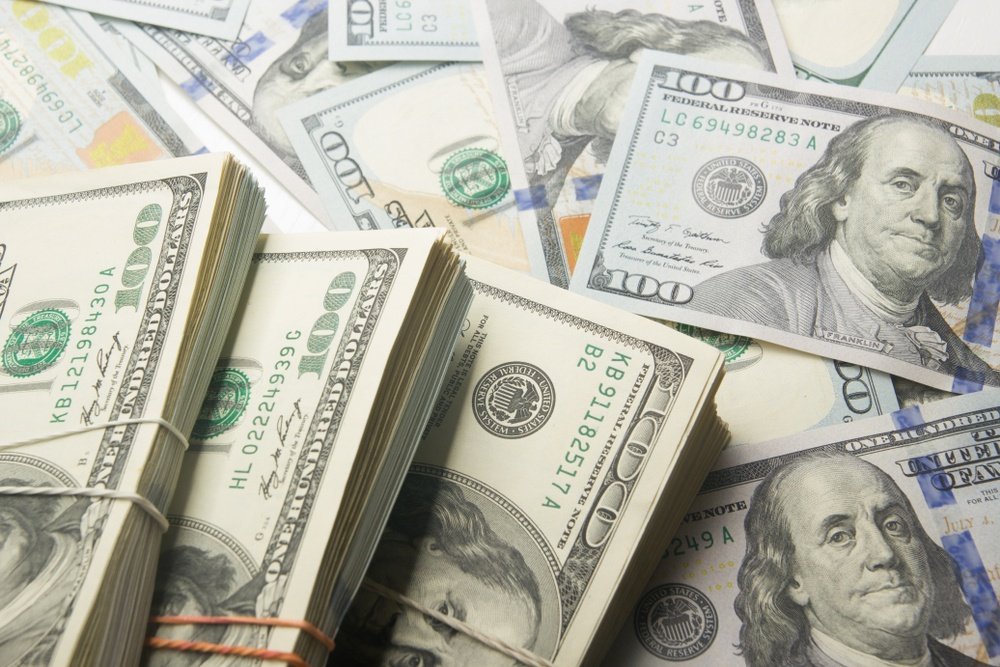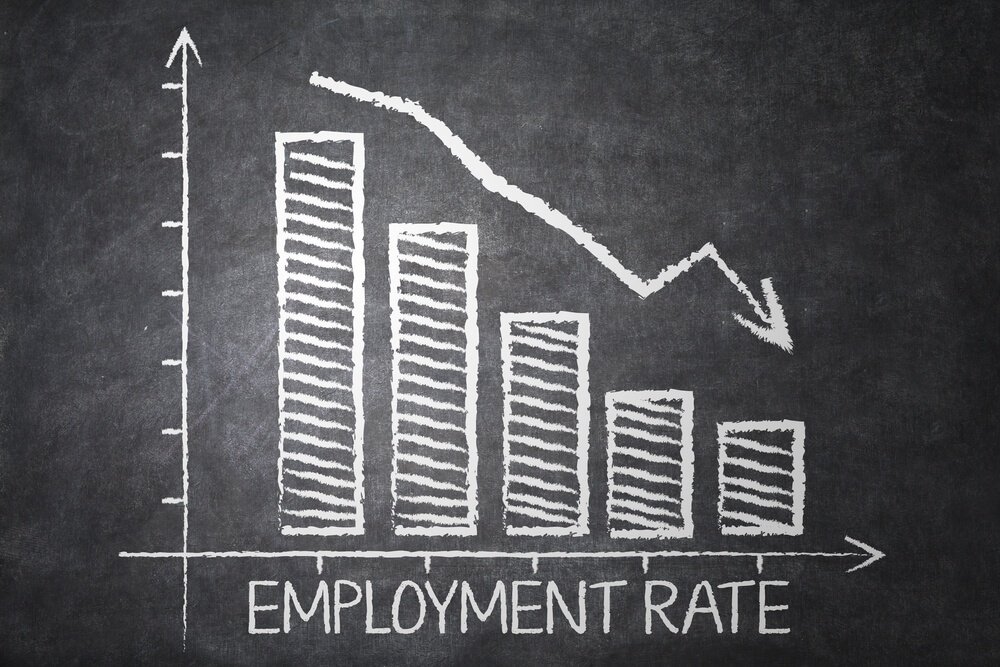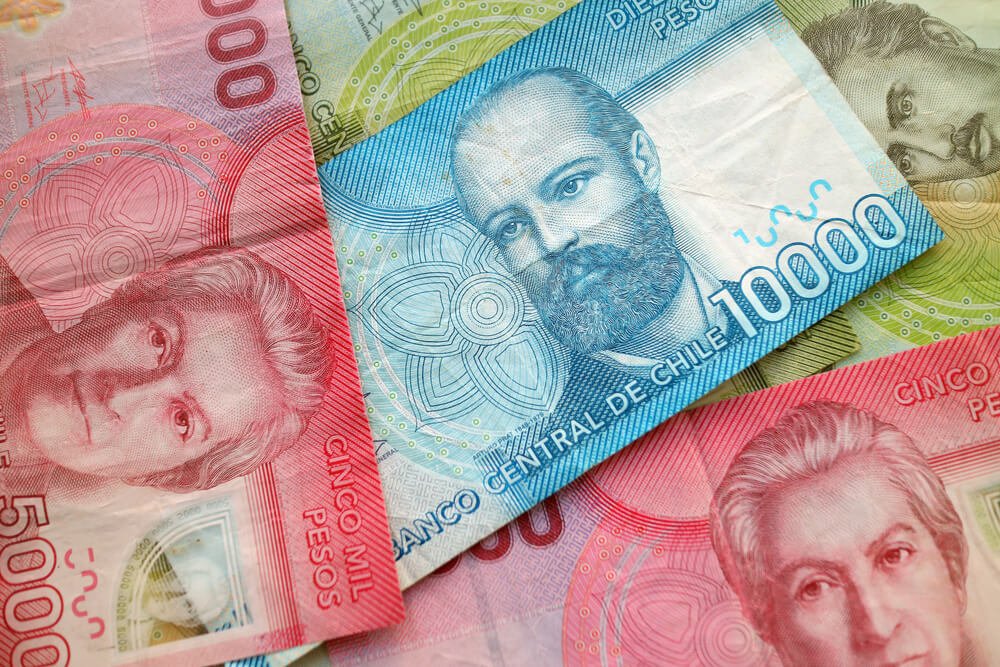Europe’s slowing economy helps the Greenback as investors hesitate to buy the Euro instead. Economists anticipate US President Trump’s speech at the New York Economic Club later today.
The EUR/USD pair fell 0.16% at 1.1015, a contrast to the Euro’s $1.1167 high last week. The pair leaped a 2-month best at $1.1193 then fell for the rest of the week.
Eurozone data claims Germany affects most of the bloc’s recession as its biggest economy. Analysts said the German manufacturing sector could impact other countries in the block.
Spain’s fourth general election ended with a hung parliament, causing concerns about Spanish political uncertainty.
Meanwhile, the euro inched only 0.03% above sterling at 0.8584. The UK’s employment rate is at its lowest in four years.
An unexpected dip in average weekly earnings deterred investors as weaker wage limits the UK’s economic activity.
The Greenback showed substantial gains its biggest rival as the US showed signs of closing a preliminary trade deal.
Investors remain optimistic despite Trump’s statement last week, claiming Washington didn’t agree to any rollbacks on tariffs.
Trump Motivates the Greenback
Trump’s speech at the New York Economic Club was in focus at the trade. Economists speculated that Trump would delay car tariff plans against the eurozone.
The USD/CNY pair inched 0.04% at 7.0069. China will reportedly launch its digital currency in 2020.
USD rose against the safe haven yen by 0.08% at 109.12, while the JPY/KRW pair slipped by 0.12% at 10.6639. Japan, South Korea, and the US are making final arrangements to hold talks in mid-November.
Both Germany and the US will publish inflation data on Wednesday with the Eurozone industrial production. The data given could affect monetary policies in both the European Central Bank and the Federal Reserve.
Fed Chairman Jerome Powell will also testify for the US Congress on Thursday. His speech could influence the Euro’s exchange with the Greenback.
















